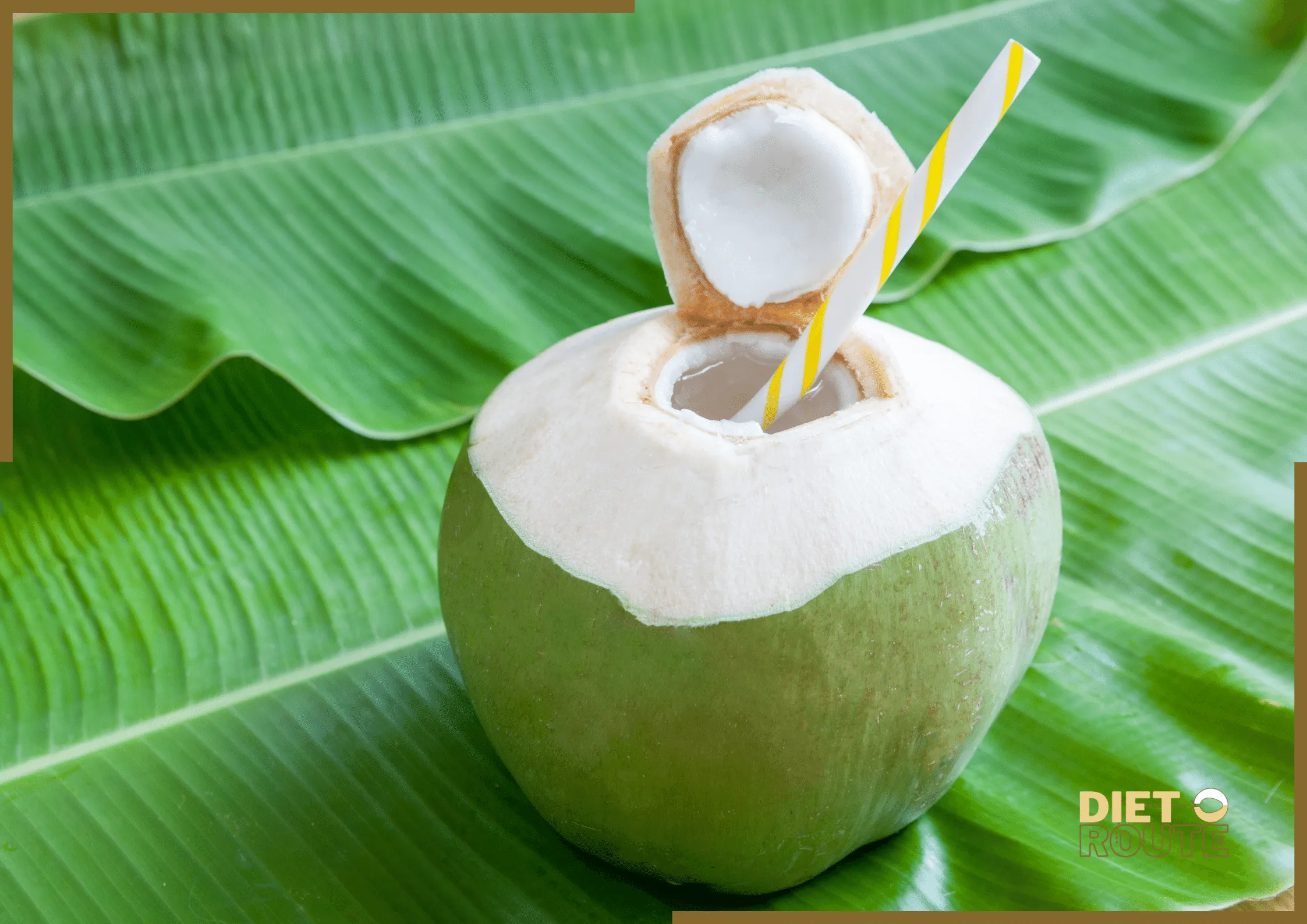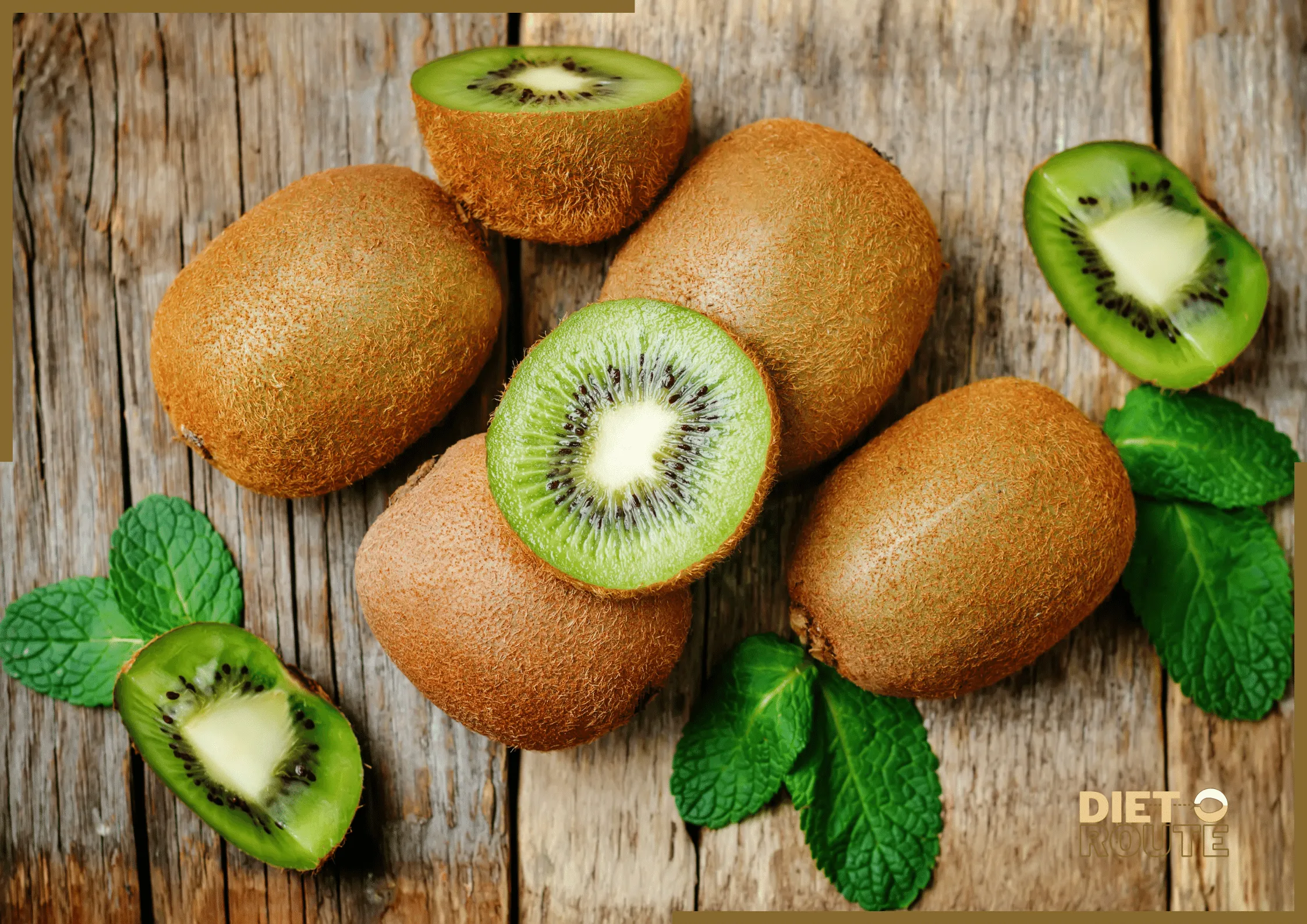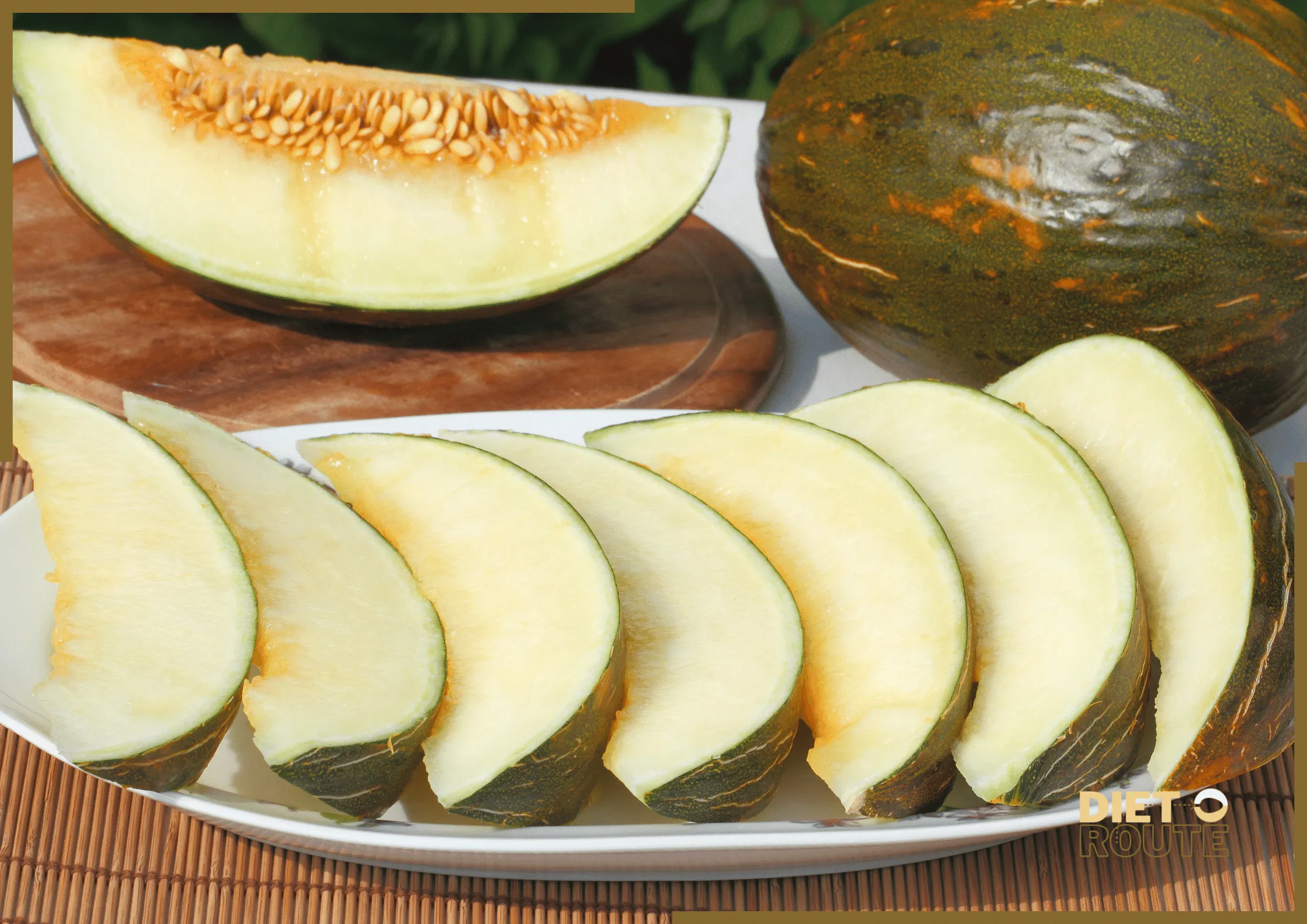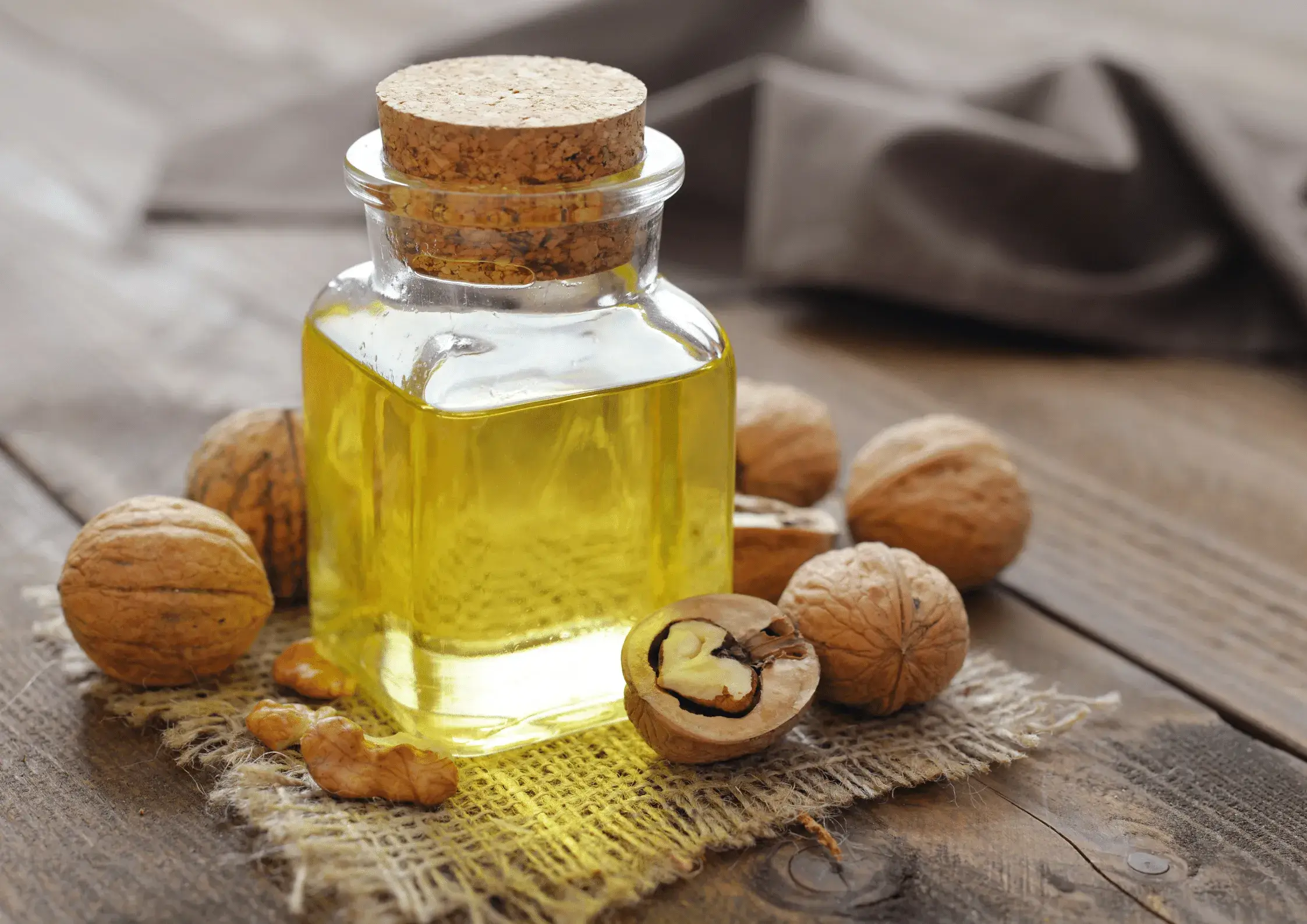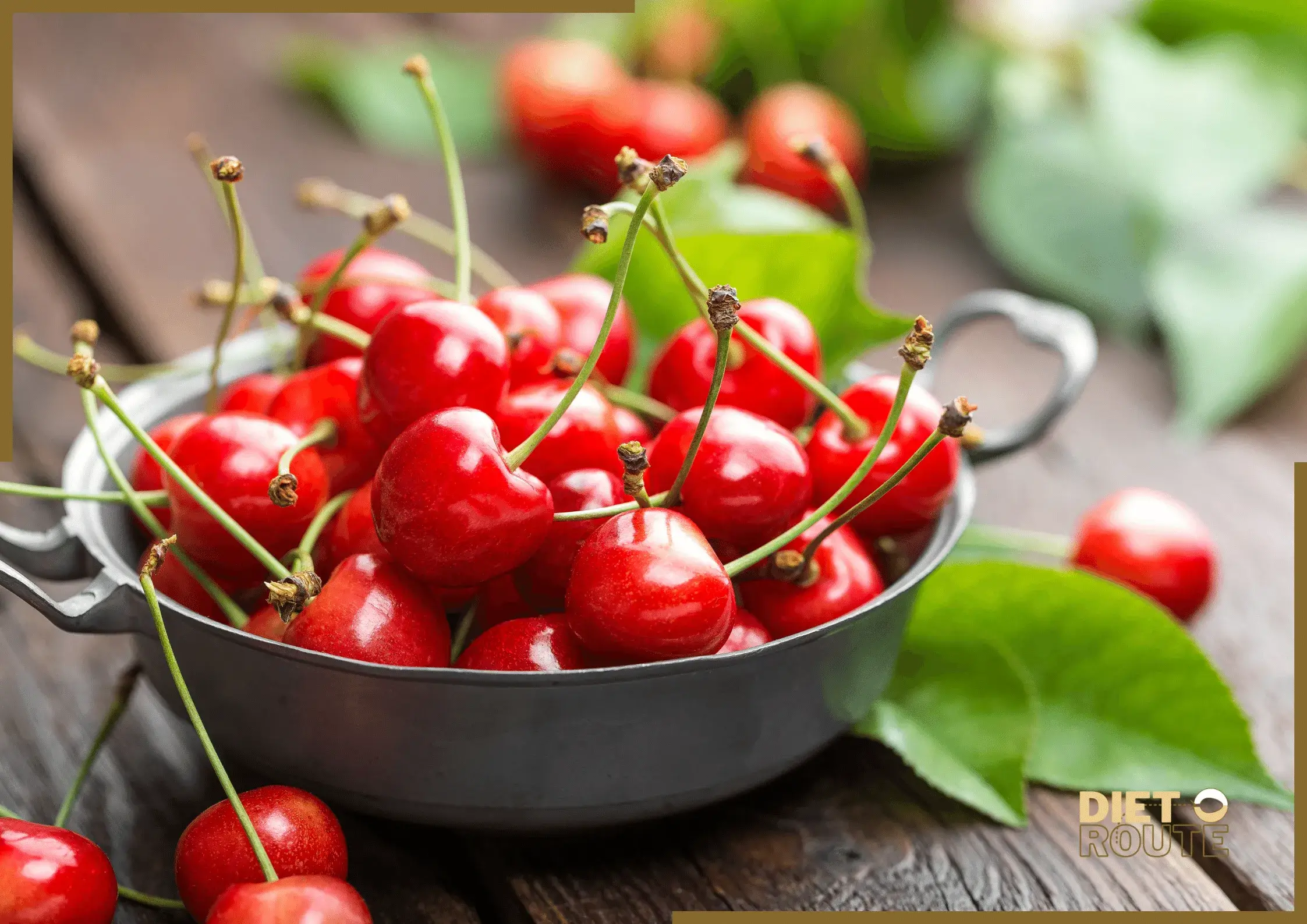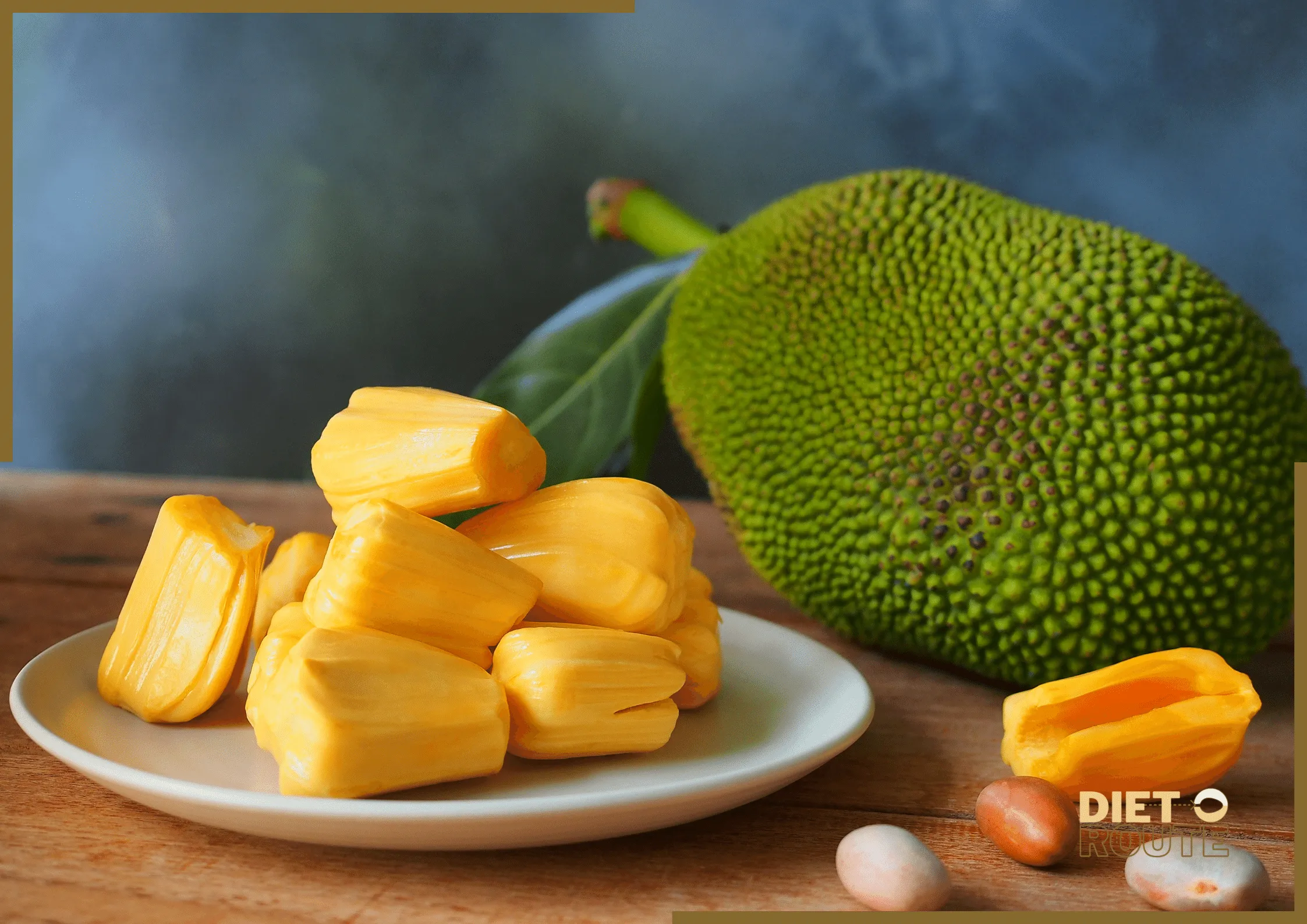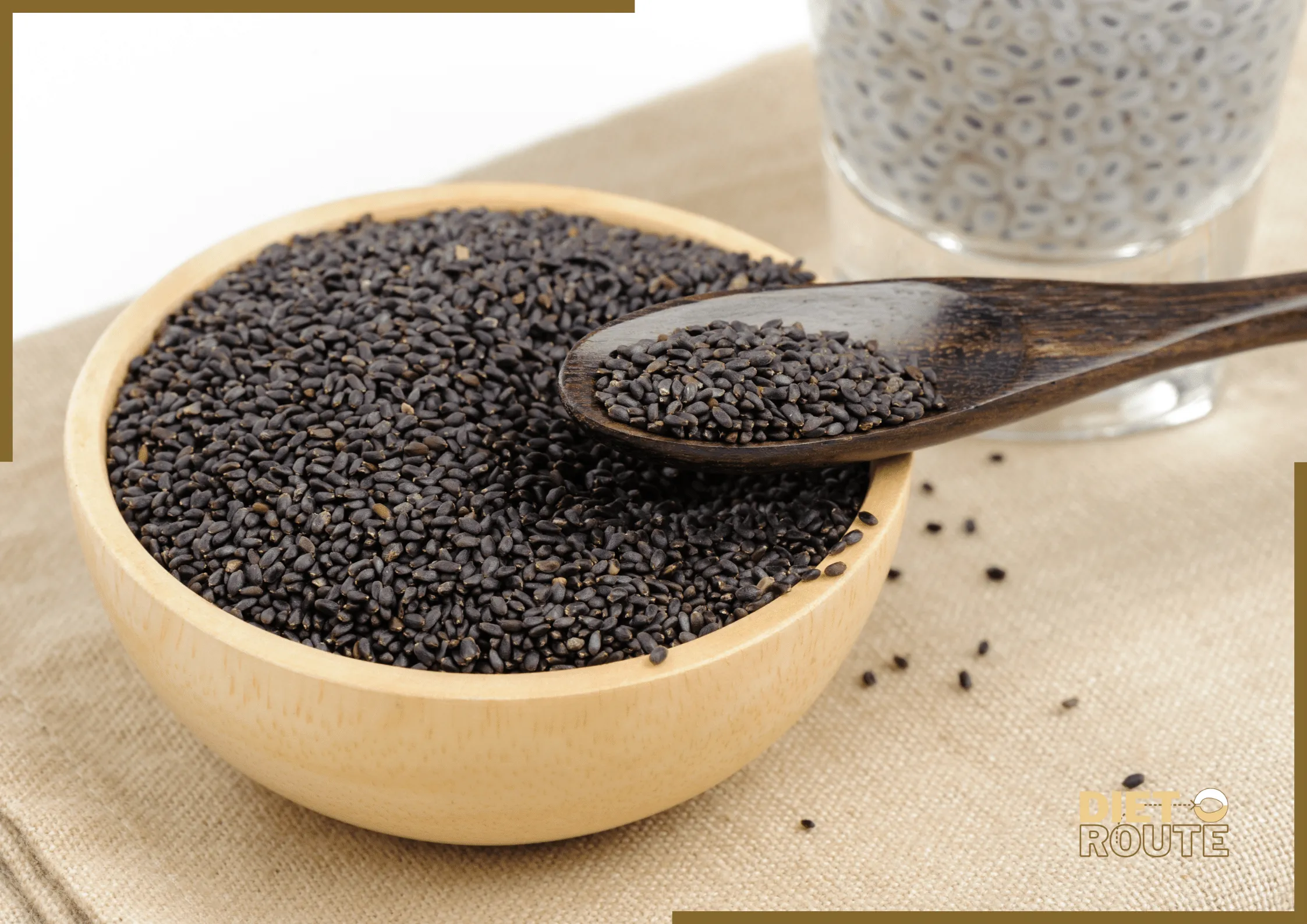Table of Contents
Introduction
The tropical fruit, coconut, is a versatile option that provides a distinct taste and various health advantages. This article presents a comprehensive table outlining the nutritional value, including the percentage of daily value (% DV). In this article, we will explore the advantages and disadvantages and provide answers to ten commonly asked questions (FAQs). Explore the nutritional advantages and factors to consider when incorporating into your diet.
Nutritional Value Approximately 100g
The values provided are approximate can vary depending on the size and ripeness.
| Nutrient | Amount Per 100g | % Daily Value* |
|---|---|---|
| Calories | 354 kcal | 18% |
| Carbohydrates | 15 g | 5% |
| Fiber | 9 g | 36% |
| Sugars | 6 g | – |
| Protein | 3 g | 6% |
| Fat | 33 g | 51% |
| Vitamin C | 2 mg | 2% |
| Iron | 2 mg | 11% |
| Potassium | 356 mg | 8% |
| Calcium | 14 mg | 1% |
*Percent Daily Values (% DV) are based on a 2,000-calorie diet.
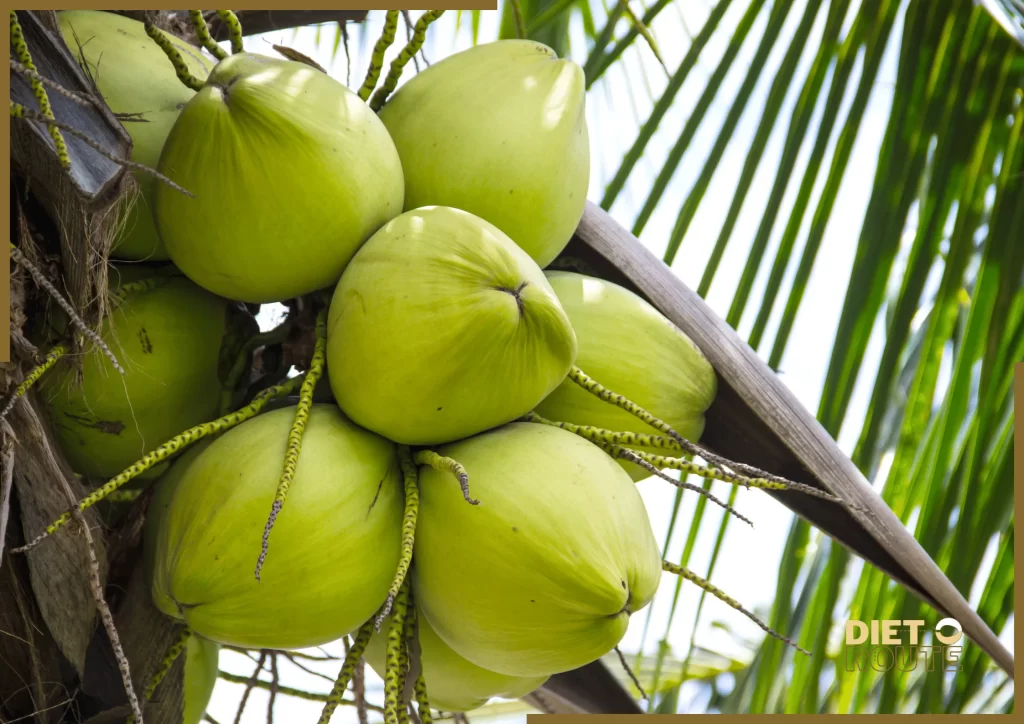
Pros
1. Coconut is a great source of healthy saturated fats, such as medium-chain triglycerides (MCTs), that can boost energy levels and promote cardiovascular health.
2. It is a great source of dietary fibre that supports digestion, promotes a feeling of fullness, and assists in maintaining regular bowel movements.
3. It is a rich source of vital micronutrients such as iron and potassium that play a crucial role in supporting optimal bodily functions.
4. It is rich in phenolic compounds that act as antioxidants, protecting cells from oxidative stress and offering potential health benefits.
Cons
1. Coconut is a high-calorie food because of its high fat content. Moderation is key when consuming it for those who are monitoring their calorie intake.
2. Despite being a source of healthy fats, it is rich in saturated fats which may raise concerns. Monitoring saturated fat intake is important for people with specific health conditions.
Frequently Asked Questions (FAQs)
1. Is coconut water a beneficial hydration source for the body?
Yes, it is a great natural source of hydration as it contains electrolytes, which makes it a popular option for rehydration purposes.
2. Is coconut oil suitable for cooking purposes?
The is a popular ingredient in cooking and baking because of its distinctive flavour and high smoke point.
3. Can people with nut allergies consume coconuts?
They do not fall under the category of tree nuts, however, they may lead to allergic reactions in certain people. If you have any concerns related to allergies, it is recommended to consult with an allergist.
4. Is coconut beneficial for weight loss?
It is a nutritious food with high fibre and healthy fats, but it is important to note that it is also high in calories. Effective weight management requires moderation and portion control.
5. Is coconut milk a viable substitute for dairy products?
It is a great dairy substitute for people who are lactose intolerant or prefer a vegan or plant-based diet.
6. Is coconut oil suitable for skincare?
The oil is a popular natural moisturiser for skin due to its hydrating and nourishing properties, favoured by many.
7. Can coconuts improve the health of your hair?
The oil extracted from this fruit is a popular hair treatment that helps to enhance shine, hydration, and manageability.
8. Is coconut suitable for a diabetic diet?
It is a fiber-rich food with low sugar content. However, people with diabetes should be cautious about their consumption and seek advice from a healthcare provider.
9. Is it possible to incorporate coconut products into a gluten-free diet?
Yes it is inherently gluten-free, making them a great addition to a gluten-free diet.
10. Can Coconut Cause Food Allergies?
Individuals with known coconut allergies should consult with a healthcare professional and exercise caution. While such allergies are uncommon, it is important to take necessary precautions.
In a Nut Shell
Coconut is a highly nutritious fruit that provides numerous health benefits. It is rich in essential minerals, fibre, and healthy fats, making it a great addition to a balanced diet. Incorporating into a well-rounded diet can be beneficial, but it’s crucial to consider its calorie and saturated fat levels. By adding it to your diet in moderation, you can savour its distinct taste and take advantage of its potential health advantages. It is recommended to seek guidance from a healthcare professional or registered dietitian to receive personalised advice according to your unique dietary requirements and health objectives.
